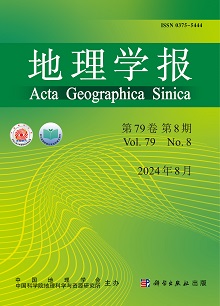Irrigation and Salinity Management of Date Palm in Arid Regions
Al-Omran, Abdulrasoul Mosa , Dhaouadi, Latifa , Besser, Houda
2023-01-01 null null null(卷), null(期), (null页)
In the agro-based countries characterized by arid to desert climate conditions such as North Africa and Arabian countries, flexible management strategies to optimize and rationalize the water resources are required to secure sustainable agricultural development that supports huge socioeconomic pressures. This hinges principally on finding different alternatives to using irrigation water resources. Among various possibilities for sustainable natural resources that optimize water extraction, within limited manageable issues of water withdrawal and quality deterioration, is dealing with water salinization. For an effective planning of remediation actions in these agro-based countries, evaluation of the current situation of the agricultural sector and the consequences of the adopted management strategies is required to outline the feasible strategies for sustainable oasis development. Consequently, this chapter constitutes a reexamination of the different factors influencing prolific date productivity and highlights, at the same time, the driving forces governing the variable spatial efficiency. Field investigations, literature review, and laboratory analyses prove that natural resources have undergone progressive degradation amplified by the mismanagement of oasis development. The calculated and measured data of several environmental criteria suggest that the water quality is poor to unsuitable to be used for irrigation purposes. Irrigation water quality is, furthermore, an important factor challenging fruitful agriculture development under different climate conditions. This chapter outlines that, besides climate and natural circumstances, social, financial, and engineering constraints are of primary importance to overcome water- and climate-related issues.
相关推荐
- Natural resources management in Southern Tunisia: sustainable exploitation and degradation issues of the oasis agro-systems [2023-01-01]
- Groundwater quality evolution in the agro-based areas of southern Tunisia: environmental risks of emerging farming practices [2023-01-01]
- GIS-based evaluation of groundwater quality and estimation of soil salinization and land degradation risks in an arid Mediterranean site (SW Tunisia) [2023-01-01]
- Vegetation cover change detection and assessment in arid environment using multi-temporal remote sensing images and ecosystem management approach [2023-01-01]



